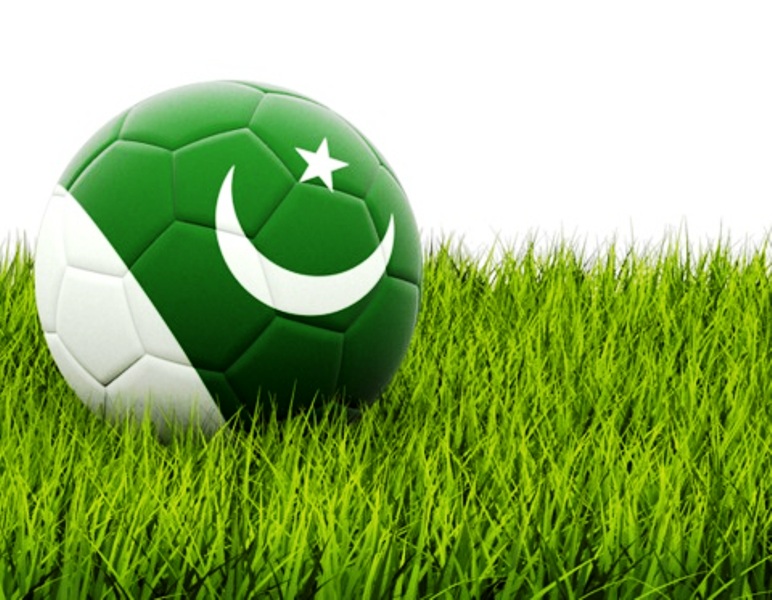
The football industry of Pakistan is part of a sports goods industry in the city of Sialkot in northern Punjab and Pakistani footballs are famous around the globe for their high quality and durability.
Sialkot had also produced Brazuca for last world cup and now is producing Telstar football for FIFA Cup 2018.
Telstar 18 football has an embedded near-field communication (NFC) chip. Consumers who purchase the football are able to connect to the chip using a smart phone to access content and information that is unique to the ball.
Pakistan had supplied hand stitched football for almost all the World Cups from the 1990s to 2010. Pakistan was first chosen to make footballs for the World Cup in 1982.
Sialkot provides 70% of the global demand of football, exporting 40%. All the major international brands are sourcing their supply of footballs from this export-oriented city and hub of cottage industry of the country.
Sialkot is the only city of Pakistan where 99 percent products are exported to various countries of the world.
Sialkot based small and medium industries are earning foreign exchange of over US 1.6 billion dollars annually through exports and strengthening the national economy.
Business community and craftsmen engaged with sports goods are making adequate efforts to keep the national flag higher and higher.
Traditionally, Pakistani footballs used to be hand-stitched, but that changed in 2013 when Forward Sports switched to thermo bonded balls, whose panels are joined together through heat rather than stitches.
In order to protect the soccer ball industry, the federal governments had set up Sports Industry Development Centre (SIDC) for modernizing soccer ball industry and resolve the problems confronted by the industry.
According to a rough estimate there are more than ten thousand cottage industries, producing sports goods and related products in Sialkot.
Earlier this vital industry had also faced criticism from European countries and especially from United States with allegations of using child labour.
The Sialkot Chamber of Commerce and Industry took prompt measures to curb child labour from the soccer ball industry in accordance with the Atlanta Agreement signed with the International Labour Organisation (ILO) and Unicef in February 1997.
Meanwhile a Pakistani teenager Ahmed Raza was invited to conduct the coin toss in the game between Brazil and Costa Rica in their FIFA World Cup match.
Raza hails from a family in Sialkot, whose older members have been crafting hand-stitched footballs for professional leagues across three generations.
272**6125**1396
Follow us on Twitter @IrnaEnglish
 solhkhabar | Peace International News Agency Peace International News Agency , Peace News , International Agency News of Peace
solhkhabar | Peace International News Agency Peace International News Agency , Peace News , International Agency News of Peace